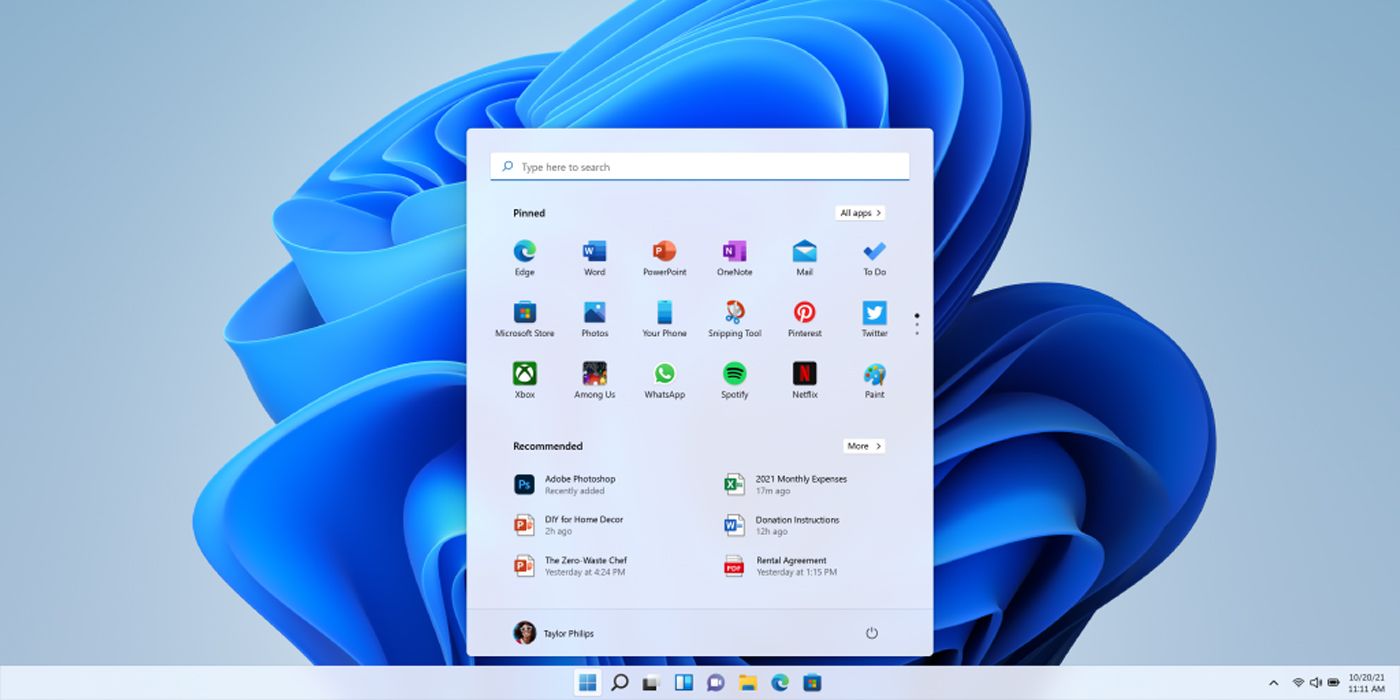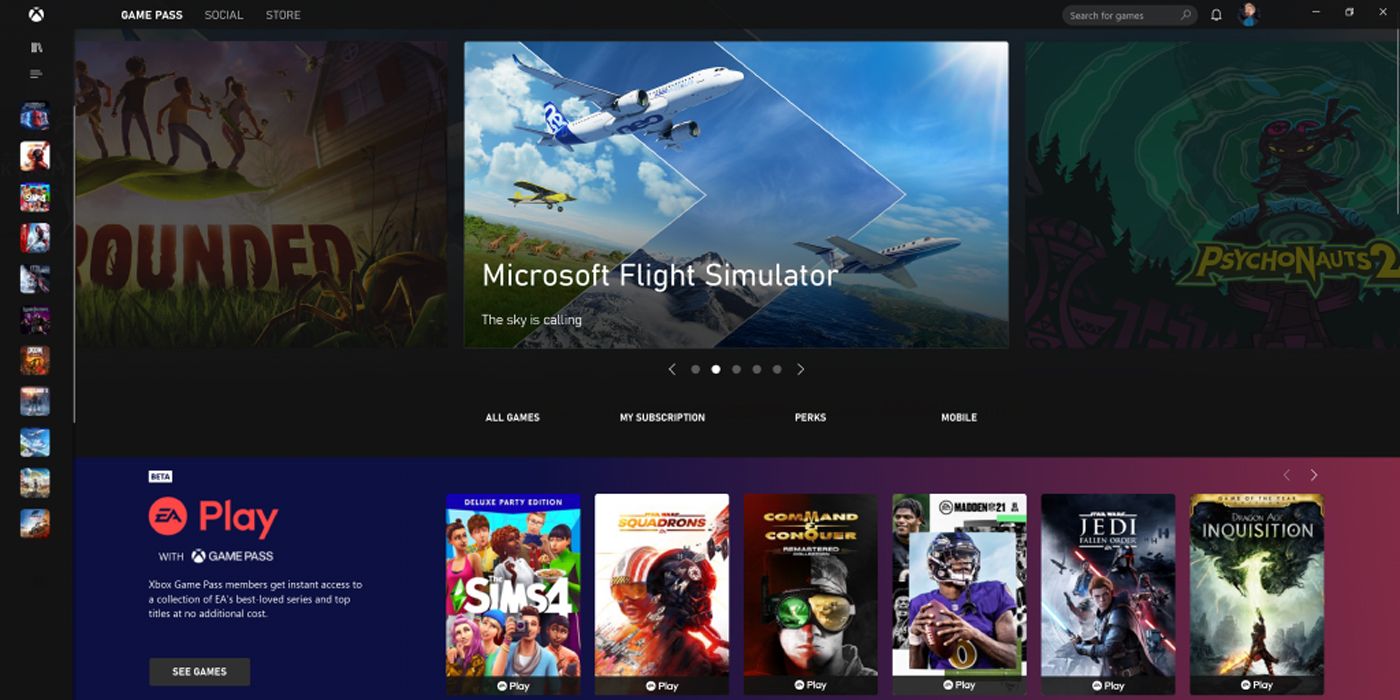After the Windows 11 operating system leaked last week, it was only a matter of time before Microsoft went ahead with the official reveal. That time came during the company’s “What’s Next for Windows” event earlier today.
Microsoft’s upcoming Windows 11 revamps the user interface and incorporates elements from Xbox and other Microsoft products. The new operating system is a free upgrade for Windows 10 users, with the company planning to launch a closed beta on June 28 and a full release later this year.
As some know from last week’s Windows 11 leak, the new OS features a redesigned interface reminiscent of the canceled Windows 10X. Microsoft redesigned the Start Menu to more closely resemble how icons appear on the desktop. It and the rest of the taskbar have also migrated to the bottom center of the screen. The interface also features much more rounded corners, giving Windows 11 a somewhat Apple-inspired look.
The new operating system also reflects Microsoft’s ongoing efforts to merge the Xbox and Windows PC gaming spheres. Windows 11 includes several features implemented in the company’s Xbox Series X and Series S consoles. This includes supporting Auto HDR, which adjusts the color balance in older games to make them look better on modern hardware. Windows 11 also comes with the Xbox Game Pass app pre-installed.
It’s not just Xbox apps Microsoft is aiming to make compatible with Windows 11. Surprisingly, the new OS supports Android apps, which can be downloaded from the revamped Microsoft Store. It will also integrate Microsoft Teams, the company’s business communication platform. Users can access the Teams chat directly from the Task Bar. This enables Windows 11 users to text or chat with anyone on Microsoft Teams, regardless of whether they use a Windows, Android, or iOS device. Windows 11 users can also exchange direct SMS messages with people who haven’t downloaded the Teams app.
Again, Windows 11 is a free upgrade for Windows 10 users, provided their hardware is up to the task. Microsoft’s new operating system requires a minimum of 4GB of RAM, a 64-bit processor, and 64GB of available storage. For those who don’t meet the requirements or prefer to stick with the current system, Microsoft plans to continue supporting Windows 10 until October 2025.
Registered users of the Windows Insider Program can access the Windows 11 beta starting June 28. Barring any unexpected delays, Microsoft plans to launch the full version by this holiday season. The company will also begin rolling out Windows 11 PCs to retailers, which they expect will continue into 2022.
Windows 11 launches in late 2021.
Source: Microsoft


